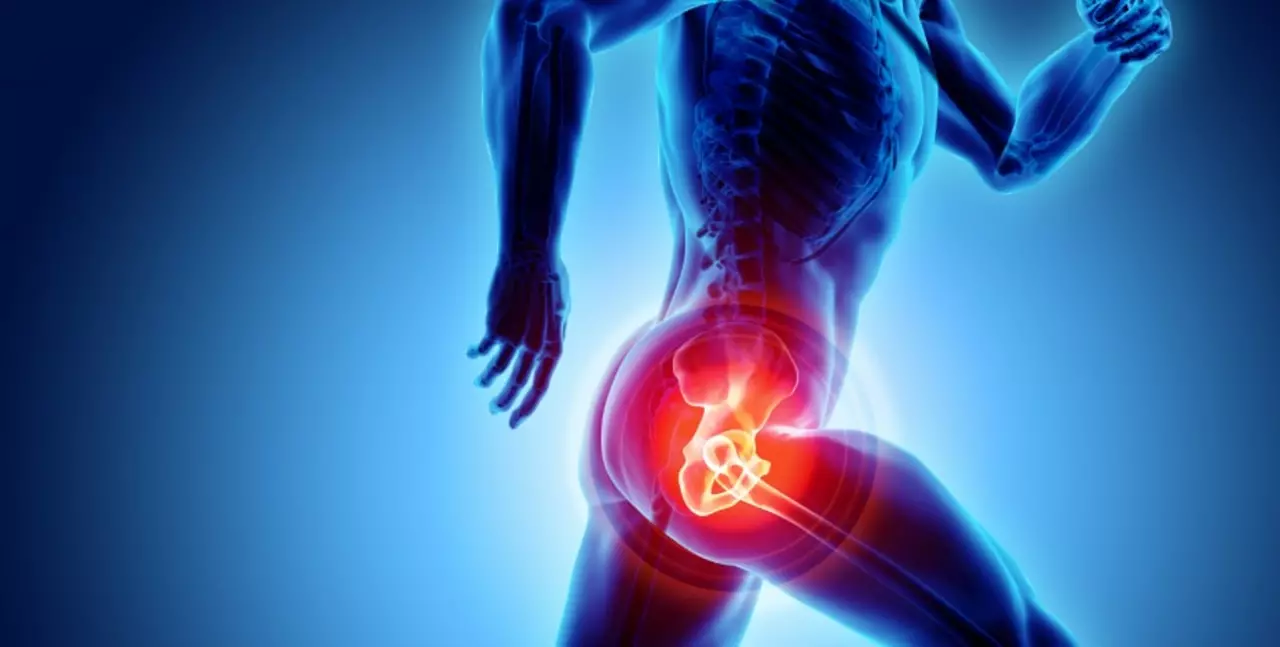Got pain right now? You want something that works fast, costs little, and won’t cause trouble later. This page groups practical advice on common painkillers, safer alternatives, and ways to save when buying medication online or in stores.
Start by identifying the type of pain. Muscle or joint pain from activity often responds to NSAIDs like ibuprofen or naproxen. Headache or fever can be eased by paracetamol (acetaminophen). For nerve pain, drugs such as gabapentin or duloxetine may help, but those need a doctor’s prescription and time to start working.
OTC options are handy but not risk-free. Don’t mix NSAIDs with blood thinners unless your doctor okays it. Keep acetaminophen doses under 3,000 mg a day for most adults to avoid liver damage. If you have heart disease, kidney problems, or stomach ulcers, talk to a clinician before using NSAIDs regularly.
If pain is sudden, severe, comes with fever, numbness, weakness, or trouble breathing, get medical care now. Also see a doctor if pain lasts more than a week despite OTC treatment, or if medicines that used to work stop helping. Persistent or worsening pain may signal an underlying issue that needs tests or prescription therapy.
Simple measures often cut pain and reduce medicine needs. Ice for new injuries reduces swelling; heat eases chronic muscle tightness. Gentle stretching, short walks, or physical therapy improve recovery after a few days. For tension headaches, check posture, reduce screen time, and try relaxation breathing. Topical creams with menthol or capsaicin can help localized pain without systemic side effects.
Shopping smart saves cash. Compare prices at several pharmacies, look for generic versions, and check reputable online pharmacies for lower prices. Our site compares cost-plus options to help find affordable sources. Avoid unverified sellers offering dramatically low prices; fake or substandard meds are risky.
If prescription painkillers are needed, ask about alternatives and lowest effective doses. Opioids work but carry addiction and side effect risks. Many clinicians now combine short opioid courses with acetaminophen and NSAID scheduling to reduce opioid use. Discuss taper plans and safe storage to prevent misuse.
Supplements and herbal options show mixed results. Some people find relief with omega-3, turmeric, or topical arnica. Use supplements cautiously: quality varies and interactions happen. Tell your provider about any supplement you take.
Quick checklist before you take anything: identify the pain type, check interactions with current meds, confirm safe dose limits, consider non-drug measures first, and buy from a trusted source. Questions? Our individual articles dig into specific drugs, savings tips, and safe online pharmacies so you can read more where needed.
Find focused guides here on this site: pain and headaches, safe online pharmacies, and medication alternatives. Read our pieces on NSAIDs, opioids, and supplements to compare risks and costs. If you want price checks, use our cost-plus comparison pages to spot the cheapest legit sellers and compare generics before you buy. Stay safe.

As someone who's been practicing Tai Chi for years, I can attest to its numerous benefits. For arthritis sufferers, I've seen how this gentle, low-impact exercise can improve flexibility, balance, and strength. Tai Chi's slow, flowing movements combined with deep breathing help reduce joint pain and stiffness while promoting relaxation. I've also noticed that my fellow practitioners with arthritis experience an increase in their range of motion and overall quality of life. If you're struggling with arthritis, I highly recommend giving Tai Chi a try, as it can be a game-changer in managing pain and improving overall well-being.
CONTINUE READING